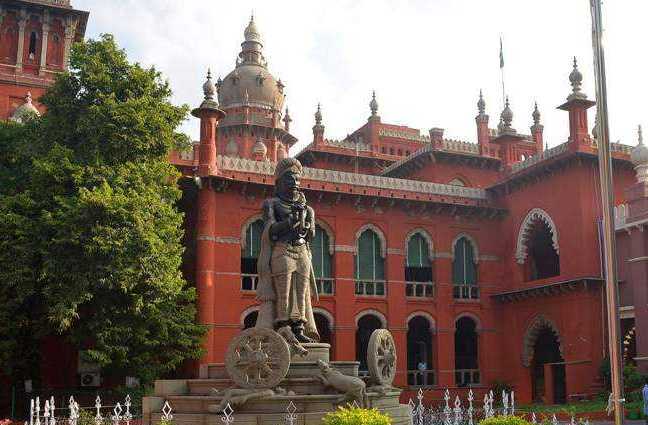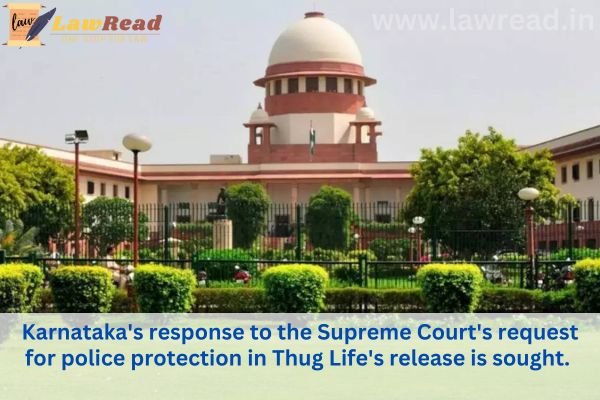News
Patna High Court: The alleged offense's seriousness or the juvenile's age are irrelevant factors for determining whether to grant bail under the JJ Act.
Because of the 'brutality and professionalism' displayed by the petitioner in committing the crime, the Patna High Court granted an appeal against the Children's Court's decision to deny bail in a gang rape case.
.jpg)
According to the Patna High Court, Section 12 of the JJ Act does not take into account the juvenile's age or the nature of the accused offense when determining whether to grant or refuse bail.
Citing the Petitioner's "brutality and professionalism" in perpetrating the crime, the Court granted the Petitioner's Criminal Revision of the Court of Special Judge (Children Court)'s decision to deny him bail in a gang rape case. Twelve individuals, including the petitioner, were the subject of a formal complaint (FIR) for offenses covered by Sections 395, 376D, 397, 376(3), and 376(DA) of the Indian Penal Code and Section 6 of the Protection of Children from Sexual Offenses Act, 2012 (POCSO).
One Justice Bench According to Jitendra Kumar, "It is evident from reading Section 12 of the J.J. Act, 2015 that the Act supersedes the bail provisions found in the Criminal Procedure Act, 1973 or any other currently enacted law." Furthermore, it becomes clear that Section 12 of the Act states that granting bail to a juvenile is a rule and that refusing it is an exception. A juvenile can only be denied bail if there are three valid reasons: (i) there are reasonable grounds to believe that the release would put the individual in danger of becoming involved with any known criminals; (ii) the individual would be exposed to moral, physical, or psychological harm; or (iii) the release would defeat the ends of justice.
The Respondent was represented by Advocate Rohit Priyadarshi, and the Petitioner was represented by Advocate Manish Kumar.
A Few Facts
The Petitioner was 16 years, 9 months, and 26 days old at the time of the alleged occurrence, according to the J.J. Board, which classified him a juvenile. He was born in 2001. Following recognition of the offenses and an initial evaluation of the petitioner, it was determined that he was capable of committing the claimed offense and comprehended its nature. After that, the case was moved to the Children's Court so that it could be tried as an adult matter.
Due to the seriousness of the charges, the J.J. Board had already denied the petitioner's request for release.
The Court's Justification
The High Court ruled that the juvenile's age or the nature of the alleged offense are not significant factors in determining whether to grant bail under Section 12 of the J.J. Act. According to Section 12 of the Act of 2015, a minor who is 16 years of age or older and is accused of committing a serious crime is also eligible for bail. Regarding the granting of bail, Section 12 of the Act of 2015 contains no classification at all. All minors in legal trouble are covered by Section 12 without any kind of prejudice.
The J.J. Act is founded on the idea that since children are society's future, they should be reformed and rehabilitated rather than punished if they run afoul of the law. There is no civilization that can afford to discipline its children. A punitive attitude to youngsters who are in legal trouble would be detrimental to society as a whole, the Bench said.
The Court observed, "Although it has been documented that the appellant's father has a criminal history and is incarcerated, his mother, a housewife who works in agriculture to support her family, has no such criminal history, and the appellant assisted her in her endeavors to provide for them."
Therefore, I conclude that there is no justification for denying the appellant bail. In reality, the Bench concluded that releasing the appellant on bail would benefit the youngster if he received an education and the District Administration assisted his family in overcoming his financial difficulties in accordance with the State Welfare Schemes.
As a result, the court issued the following order: "The appeal is, accordingly, allowed, directing release of the appellant on bail, subject to his mother furnishing a bail bond of Rs. 10,000/- and her undertaking by way of an affidavit that the appellant would not come into contact with any criminal, that he would restart his education through open school or otherwise, that his developmental needs would be met, and that he would attend the J.J. Board and courts as and when required or directed."
The High Court granted the appeal as a result.
Title of Cause: State of Bihar v. Nitish Kumar (CRIMINAL REVISION No.233 of 2021)
Look:
Petitioner: Manish Kumar and Ram Kumar, attorneys
Respondent: APP Sangeeta Sharma; Advocate Rohit Priyadarshi
To read or download the Judgment, click this link.












